6 Tips for Fasting in Ramadan for Heart Patients, Pay Attention to the Menu
Have a family member with heart disease but still want to fast? Here are 6 tips for fasting in Ramadan for heart patients that you should know.
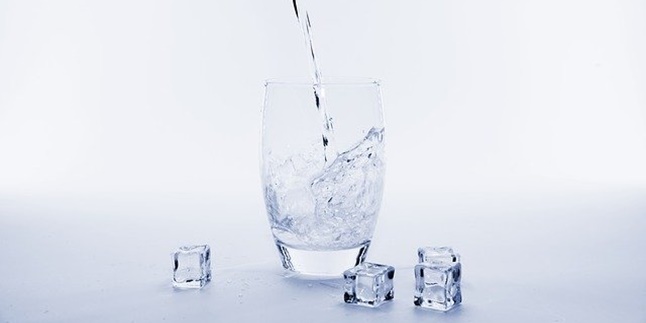
Kapanlagi.com - When performing the Ramadan fasting ritual, Muslims are prohibited from eating and drinking from sunrise to sunset. Therefore, hunger and thirst become a separate challenge during fasting. But, don't worry for those of you who have difficulty holding back thirst, there are tips to avoid getting thirsty during Ramadan fasting.
For some people, holding back thirst feels more difficult than holding back hunger. Because, fundamentally, the human body is dominated by fluids, so the fluid in the body must be maintained to remain fulfilled. Various problems can arise if the body's fluid needs are not met, one of which is dehydration. That is why tips to avoid getting thirsty during Ramadan fasting are important for some people.
Here are some tips to avoid getting thirsty during Ramadan fasting.
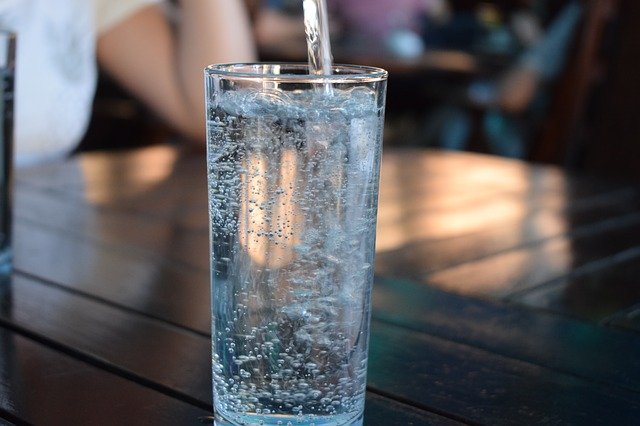
(credit: pixabay)
One of the main reasons we easily get thirsty during fasting is due to lack of fluid intake in the body. Therefore, one of the most basic ways to prevent thirst during fasting is by fulfilling the fluid intake in the body. As we know, the good fluid or drink for our body is water.
It has been proven that water is believed to prevent dehydration. Every adult is recommended to drink 8 glasses of water per day. So, during Ramadan fasting to fulfill that need, you can apply the method of drinking 2 glasses during iftar, 4 glasses between iftar and before bed, and 2 glasses during suhoor.
To make it more refreshing, you can make infused water by adding lemon slices or mint leaves.
If water is the highly recommended type of drink, then coffee and tea are the opposite. This is because coffee and tea contain caffeine. Meanwhile, caffeine has diuretic properties that will increase urine production. Therefore, it is advisable to avoid drinking coffee and tea, especially during suhoor. Because it will result in a lot of body fluids being excreted in the form of urine.
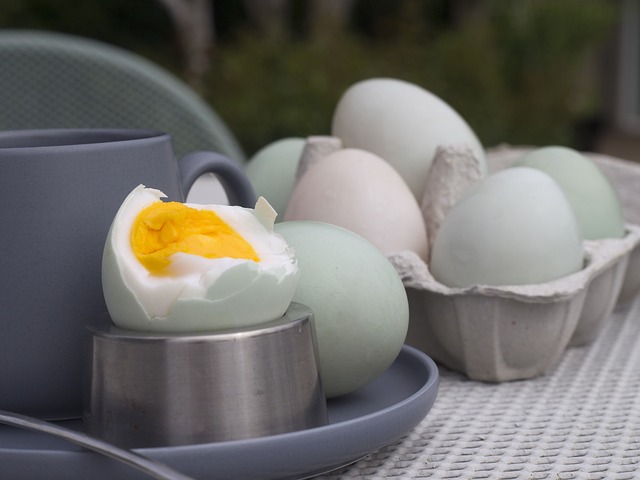
(credit: pixabay)
The tips to avoid getting easily thirsty during the next fasting is by avoiding eating food that is too salty. This is because, food that is too salty will actually increase the body's need for water. Because, sodium or salt in food has the property of binding fluids. Therefore, it is better to avoid eating food that is too salty during iftar and suhoor.
On the other hand, during fasting it is better to choose low sodium or salt food. In addition, reducing sodium is not only good for preventing thirst, it will also keep us away from the risk of high blood pressure. Some types of food with high sodium that should be avoided during fasting, include salted fish and pickles.
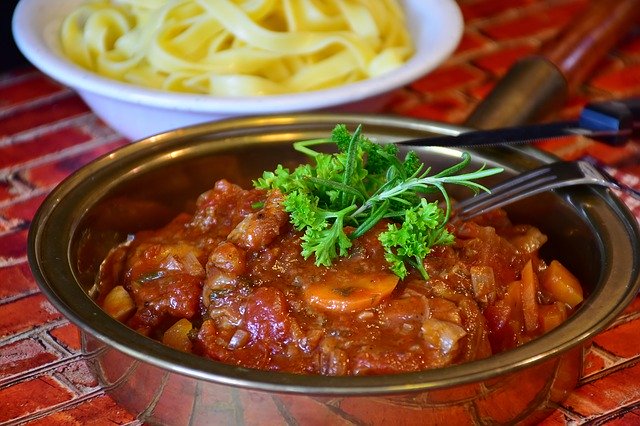
(credit: pixabay)
In addition to food that is too salty, it turns out that food that is too spicy can also make you easily thirsty during fasting. In fact, not only during fasting, in daily life when experiencing spiciness, we will automatically look for water. The same thing will happen when eating spicy food during suhoor. However, after imsak we are also not allowed to drink again.
Spicy food and food that contains many spices tend to absorb fluids in the body. The process of fluid absorption in the body can be seen in the form of sweat that comes out when we eat spicy food.
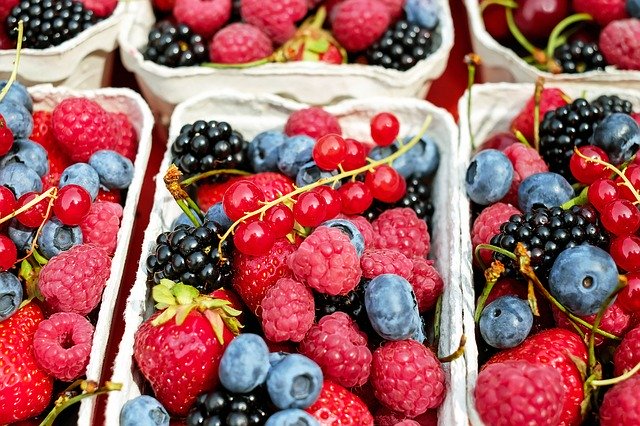
(credit: pixabay)
Fruits and vegetables are healthy foods recommended to be consumed during fasting. Not only are they healthy, but increasing the consumption of fruits and vegetables can also be a tip to avoid getting easily thirsty during fasting.
There are many types of vegetables and fruits that are good to consume during iftar and suhoor, especially those that contain a lot of water such as cucumbers, pears, watermelons, and so on. Indirectly, consuming fruits and vegetables will also fulfill the body's fluid needs. They can be consumed not only in the form of processed food but also in the form of juice.
Not only food and drinks, sun exposure can also trigger thirst or dehydration. As we know, being under direct sunlight will make our bodies sweat. This means that a lot of body fluids are wasted.
So, to overcome thirst during fasting, reduce outdoor activities. Especially activities done under direct sunlight.
During fasting, it is advisable for you to choose clothing made of comfortable, cooling, and sweat-absorbing material. This way, your body temperature will remain regulated. Additionally, your body will feel fresh and sweat less. As a result, the fluids in your body will not be wasted and you will be more resistant to thirst.
Those are 7 tips to prevent excessive thirst during Ramadan fasting. You can follow the tips above to have a smoother fasting experience and avoid excessive thirst during the day.
(kpl/psp)
Cobain For You Page (FYP) Yang kamu suka ada di sini,
lihat isinya
Have a family member with heart disease but still want to fast? Here are 6 tips for fasting in Ramadan for heart patients that you should know.
There are many benefits of fasting for children. What are those benefits? Let's find out the answers in this article.
Having oily and greasy hair can be very annoying, so here are some natural ingredients that you can use to overcome oily and greasy hair. Curious about what the ingredients are? Let's check it out.
These ways to shrink facial pores can help you avoid acne-prone skin. Pores themselves are openings containing oil glands and hair follicles that can enlarge due to clogged dust or dirt.
Having thick eyelashes is every woman's dream, and there are natural ways to thicken eyelashes. Curious about what those natural ways are? Let's check it out.
Keeping your body in good condition during fasting is necessary. One thing you can do is consume healthy food during suhoor and iftar.
Breaking the fast is most appropriate when drinking refreshing drinks. Find recommendations for refreshing drink recipes suitable for breaking the fast in this article.
During fasting, it is enjoyable to drink something sweet and refreshing. But it is healthier to make it ourselves. Let's check out this sweet, refreshing, and healthy drink.
Although dehydration is mild and not life-threatening, it can certainly disrupt activities and should not be underestimated. Dehydration usually has symptoms such as weakness, dizziness, headaches, and easily tired body.
In addition to performing obligatory acts during the month of Ramadan, you can also perform voluntary acts to earn abundant rewards in this sacred month. And here are some good sunnah prayers to perform during the month of Ramadan.
Many people do not have Sahur because they are lazy to cook in the kitchen. But don't worry, here are some ways to cook Sahur meals that are practical, less than 20 minutes. Let's check it out.
The month of Ramadan is a blessed month eagerly awaited by Muslims around the world. This is because the good deeds performed during Ramadan are rewarded multiple times.